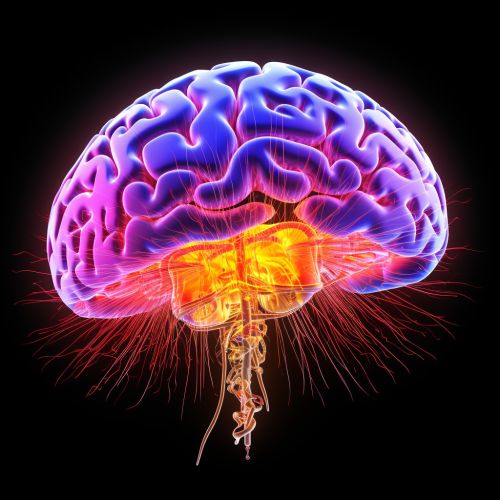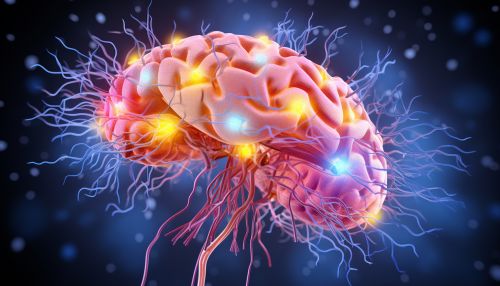The Science of Human Cognitive Styles in Cognitive Inhibition
Introduction
Human cognition, the intricate process through which individuals acquire, process, and utilize information, forms a complex and multifaceted field of study. Two key concepts within this field are cognitive styles and cognitive inhibition. Cognitive styles refer to the preferred methods an individual employs to process information Cognitive Styles, while cognitive inhibition pertains to the ability to suppress irrelevant or distracting information, thoughts, or responses. This article aims to delve into the intricate science of human cognitive styles in the context of cognitive inhibition.


Cognitive Styles
Cognitive styles represent consistent individual differences in the ways people perceive, think, solve problems, learn, and relate to others. They are often described along a continuum, such as reflective-impulsive, field-dependent-field-independent, or analytic-holistic. These styles are generally stable over time, although they can be influenced by environmental factors and personal experiences Cognitive Styles Continuum.


Cognitive Inhibition
Cognitive inhibition refers to the mind's capacity to tune out stimuli that are irrelevant to the task/process at hand or to the individual's current state of mind. This ability is crucial for tasks that require concentration and focus, and it is a key component of executive functions like planning, problem-solving, and goal-directed behavior Executive Functions.


The Interplay of Cognitive Styles and Cognitive Inhibition
The interaction between an individual's cognitive style and their cognitive inhibition capabilities can have significant implications for their cognitive performance and overall functioning. For instance, individuals with a reflective cognitive style, who tend to think carefully before acting, may be better at inhibiting irrelevant information than those with an impulsive style, who act quickly without much deliberation Reflective and Impulsive Cognitive Styles.


Research on Cognitive Styles and Cognitive Inhibition
Research in this area has been dedicated to understanding the relationship between cognitive styles and cognitive inhibition, and how this relationship can impact various aspects of cognition and behavior. Some studies have found that cognitive styles can influence the effectiveness of cognitive inhibition, with certain styles associated with better inhibition abilities than others Cognitive Styles and Cognitive Inhibition Research.


Implications for Education and Training
Understanding the interaction between cognitive styles and cognitive inhibition can have important implications for education and training. For example, educators and trainers can use this knowledge to develop strategies and interventions that take into account individual differences in cognitive styles and inhibition abilities, potentially improving learning outcomes and performance Education and Training Implications.


Conclusion
The science of human cognitive styles in cognitive inhibition is a fascinating and complex field that has significant implications for our understanding of human cognition and behavior. By studying the interaction between cognitive styles and cognitive inhibition, researchers can gain insights into the ways in which these factors influence cognitive performance and functioning, potentially leading to the development of more effective educational and training strategies.


